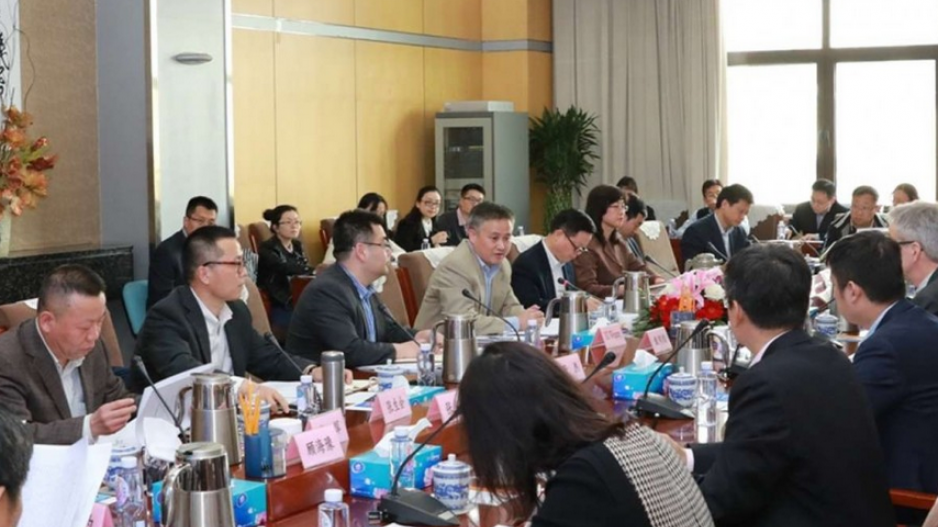China’s foreign exchange regulator has asked for cooperation from multinationals, including Sony, BMW, Daimler, Shell, Pfizer, IBM and Visa, to manage and control the flow of capital out the country.
The request was made public in a report on the State Administration of Foreign Exchange’s website after the regulator’s chief addressed a delegation of foreign businesses in China at a symposium in Beijing on Wednesday.
“A stable and good foreign exchange market is in line with the common interests of regulators and market players and it requires joint efforts from all sides,” Pan Gongsheng was quoted as saying.
The meeting came as many foreign businesses are complaining, albeit privately, about Beijing’s tightened controls and vetting of outbound remittances and payments as it attempts to stem the flow of cash out the country after the nation’s currency has weakened against the US dollar.
The Chinese government says it is merely implementing existing rules and regulations and it has not imposed any fresh capital account control measures.
Jacob Parker, vice-president of the US-China Business Council, told the South China Morning Post last week that Beijing’s capital account controls have affected the dividend payments of its members.
“Our companies fully understand the rationale behind [capital controls] is to ease the downward pressure on the yuan and they support that goal.
“Unfortunately, these restrictions are impacting not only capital account transactions, but also current account transactions,” Parker said.
Joerg Wuttke, the president of the European Union Chamber of Commerce in China, told the Post that the meeting this week had been extremely encouraging.
“Pan is very keen to know the technical issues that foreign industries have encountered in China,” he said.
China has tightened capital controls to stem the risk of constant capital outflows since late 2015 and the efforts intensified late last year as Chinese overseas investment deals were called off and outbound remittances placed under extra scrutiny.
Details of the talks this week between the foreign exchange regulator and the big-name foreign investors in China were not released on the website.
The report said both sides had “candid” exchanges and foreign firms had made “very good” suggestions about the regulator’s management of foreign exchange.
A picture of the meeting published by the regulator showed about 30 people crammed into a meeting room, with Chinese officials sitting on one side of a table and corporate representatives on the other.
Capital outflows from China have eased since the start of the year, but many analysts expect the restrictions to stay in place for some time given the major uncertainties facing global markets.
These include the talks over Britain’s exit from the European Union, elections in France and Germany and uncertainties over Donald Trump’s trade and economic policies.
Pan, who is also a vice-governor at the People’s Bank of China, said that the regulator would further aid cross-border trade and investment to “better serve businesses and economic activities”.
The regulator would also “firmly prevent cross-border capital flow risks and enhance foreign exchange market regulation according to laws” for a “healthy, stable and good” market order, he was quoted as saying.
Parker at the US-China Business Council said in last week’s interview that “despite the positive rhetoric from [the central bank] at the local level, regulators continue to put quotas on banks for converting a certain amount of currency each month”.
Read the original article on the South China Morning Post.




